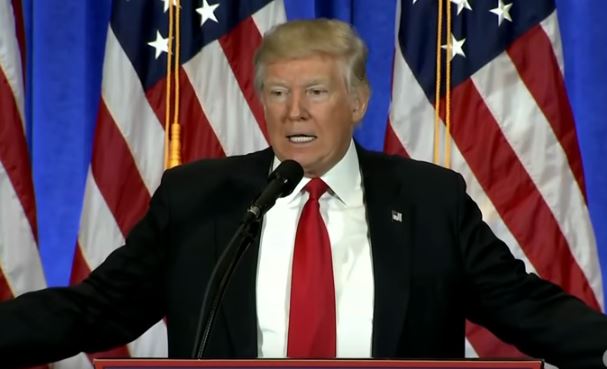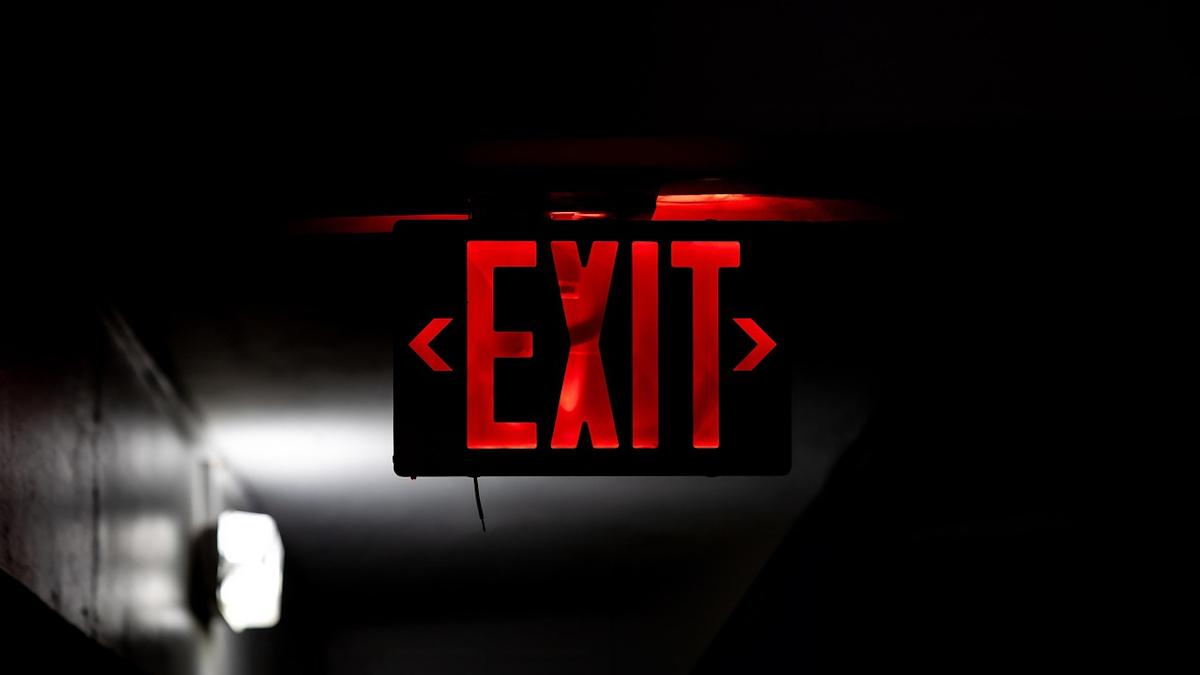Trump tweet on pharma sends shares plunging

A tweet from President Trump promising to drive down the price of prescription medicines has sent pharma industry stocks reeling.
Trump tweeted yesterday afternoon that he is “working on a new system where there will be competition” in the drug sector and that “pricing for the American people will come way down”.
Shares of big pharma firms such as Pfizer, Merck & Co. and Amgen all dropped by more than 1% after the tweet, which sees Trump returning to a theme he first established in December.
I am working on a new system where there will be competition in the Drug Industry. Pricing for the American people will come way down!
— Donald J. Trump (@realDonaldTrump) March 7, 2017
A similar broadside in January, in which Trump said the pharma industry was “getting away with murder” saw around $25 billion wiped off the value of the top nine pharma companies.
The announcement came just after the Republican party revealed its plans to replace the Affordable Care Act – aka Obamacare – with their own American Health Care Act – though many experts warned the reforms could see millions lose health insurance.
However Trump’s latest outburst doesn’t seem to be linked to these plans, reinforcing the new president’s scattergun tweet-based approach to policy development.
This uncertainty is unwelcome for the industry, with Trump having at one time promised to allow Medicare to negotiate prices directly with the industry, but at other times signalling this wouldn’t happen.
While major companies have relied on yearly price rises for the drugs (often well above the rate of inflation), the firms are keen to point to other players causing price rises for patients.
In particular, pharma is pointing the finger at pharmacy benefit managers (PBMs), middle-men who help control costs for healthcare insurers. However PBMs make billions in profits themselves, and pharma says that the price reductions they extract from pharma are not passed on to patients.
Two days ago this enmity came out into the open when Jim Meyers, head of Gilead’s worldwide commercial operations, accused PBMs of exploiting high prices.
“I have never met, in this entire experience, a PBM or a payer outside of the Medicaid segment that preferred a price of $50,000 over $75,000 and a rebate back to them,” Meyers told Bloomberg.
President Trump met health insurance company leaders on 26 February – but didn’t threaten them with any price control measures.
For the pharmaceutical industry, its established image as a potential villain in the healthcare system – at least in the eyes of Trump and sections of the public – could spell trouble for the sector.
Nevertheless, Congress is about to take on the huge and complex task of replacing Obamacare, and any parallel push to reform pharma prices could easily get sidelined or rejected by pharma-friendly Republicans on Capitol Hill.











